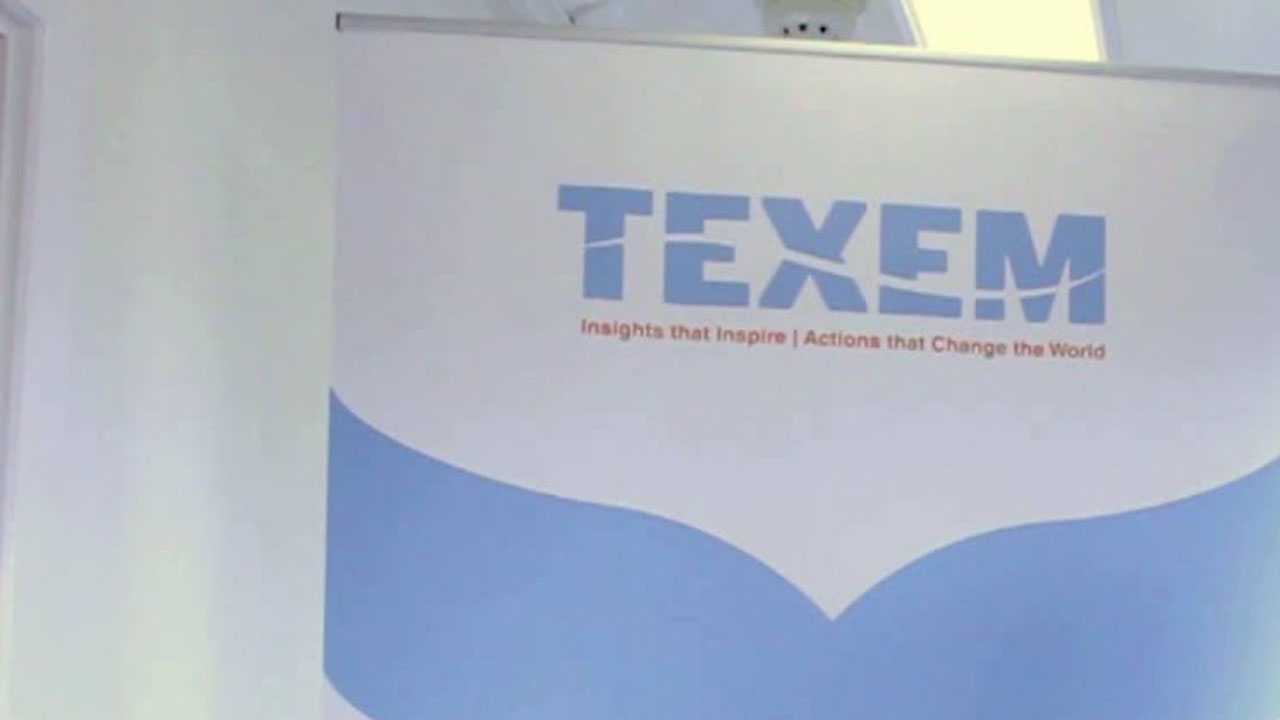
For leaders to effect change and inspire others in a corporate setting, they have to mobilise and motivate followers, the Ambassador Charles Crawford, an Oxford and Harvard-trained British Diplomat has said.
Crawford said this in a statement announcing TEXEM, UK programme Strategic Agility and Inspiring Change: Fuelling Sustainable Success taking place between 26th and 29th of August at Hilton Liverpool.
He added: “That normally comes through words that explain actions. Far too many speeches focus on sharing ‘information’ and ignore the importance of motivation. Speeches don’t need to give watertight answers. It’s often enough to pose new questions or challenge old thinking without giving answers – get the audience thinking for themselves!”
According to him, leaders are likely to be as good as their followers.
He stated this when he was asked what unique insights can participants gain from learning about leadership strategies from him, drawing from his experience in managing complex transitions in volatile regions like the former Yugoslavia, Russia, and South Africa?
He further said: “Any major change programmes have winners and losers, and the losers tend to be highly motivated and disruptive. It’s important to be ambitious but also realistic. The Serbia Prime Minister Zoran Djindjić was assassinated because he underestimated his enemies. But then how do you make concessions to dangerous enemies without demoralising friends? You will glean fresh insights and challenge assumptions around this through this forthcoming TEXEM programme Strategic Agility and Inspiring Change: Fuelling Sustainable Success.”
On how Strategic Agility’ in business align with diplomatic agility, he said diplomacy is typically not ‘agile’ and does not aim to be.
“Rather the emphasis is on patience and method, albeit with appropriate energy and ambition. Plus, it’s fine to be agile.
“But what if your agility makes you jump into a deep dark hole? Maybe it all comes down to willingness to take smart risks – and being good at taking smart risks! During this TEXEM programme Strategic Agility and Inspiring Change: Fuelling Sustainable Success we will discuss actionable insights that will help them win.”
On importance of case studies of leaders who successfully led through chaos, he said:
“Inside stories from these great political or diplomatic dramas are always interesting. They show how hard choices were there to be made, and what happened if those choices were embraced or avoided.”
On networking with a former senior diplomat like him and others can provide participants with unique perspectives on international market trends and leadership strategies, he said: “I want programme participants to go away with some new big ideas but also some practical skills they can apply the next day in a tough work context. Great programmes combine theory and practice in a lively thought-provoking package. This TEXEM programme will entail a methodology that encourages peer to peer learning, networking, improved self-awareness and stronger sense of purpose for leaders to achieve their goals more effectively and efficiently. For more information, please visit https://texem.co.uk/strategic-agility-and-change-mastery-fueling-sustainable-success./






